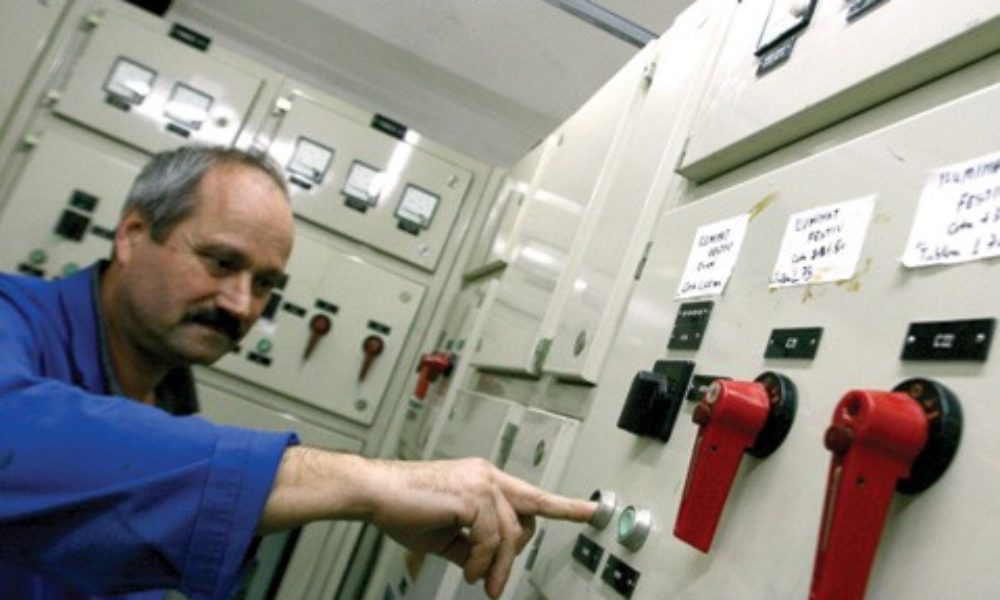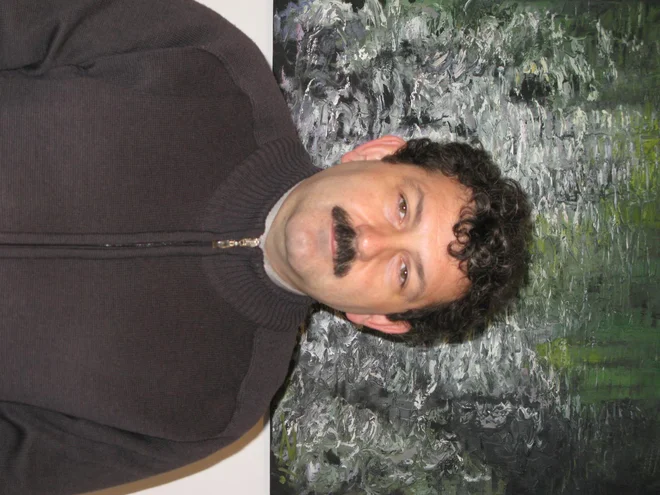How the Council of Council appreciated the effectiveness of the investment compensation mechanism

Officials and experts on June 2 discussed the practice of applying regional and federal investment tax deductions at a round table meeting in the Federation Council. It was noted that the long -existing regional investment deduction is popular with the business, but companies are afraid that then it will be replaced by its new variety, which is tied with projects of technological sovereignty important for the authorities. The application of the new federal inwards is now limited by the rigid rules for its provision, due to which a limit of 150 billion rubles allocated for this year. It can not even be chosen.
Using the regional investment tax deduction (Rinv) of the company, which has been valid since 2018, can reduce income tax paid to the budget of a constituent entity of the Russian Federation by 90% of the volume of investments. The conditions for the application of this benefit differ depending on the region.
The federal investment tax deduction (Finv) is arranged differently – it is aimed at partial compensation for the income tax rate of income tax from 20% to 25% to 25%.
The companies of five industries (production, processing, provision of electricity, gas and steam, hotel business and catering, scientific developments and research) investing in equipment and technologies, using this deduction, can compensate for 3% of such expenses.
As the director of the Department of Tax Policy of the Ministry of Finance Danil Volkov said at the meeting, in 2023 Rinv was provided in the amount of 69 billion rubles, for three quarters of the 2024th-36.5 billion rubles. This mechanism has become even more in demand at the business after lifting the restriction on the deadline for its application (previously limited to 2027), which allows you to plan long -term projects.
From this year, a new type of Rinv – “project” investment deduction in the amount of up to 25% of the costs of technological sovereignty projects has also been operating. This mechanism, according to the deputy chairman of the RSPP Committee on Tax Policy, Alexei Smirnov, is not popular, on the contrary, the business expects that the new deduction will not replace ordinary Rins. The vice-governor of the Chelyabinsk region, Ivan Kutselyak, also noted that, “orienting the regions on the use of this deduction, we have been reducing the profitability” for three years. ” In addition, in the field they hope to return the canceled federal subsidies when providing Rinv.
After all, as Ivan Kutselyak noted, in conditions of drop -down income to provide a maximum deduction rate in 90% is difficult – the regions will begin to cancel the deductions or reduce them.
As for the federal inwards, so far it is difficult to evaluate the practice of its application. According to the deputy head of the taxation department of legal entities of the Federal Tax Service, Andrei Konkov, approximately 260 companies were submitted in the first quarter of its receipt. Kirill Nikitin, head of the business and budgetary policy expert center, admitted that now the amount of applications “does not reach 5 billion rubles”, since “Gayki for Finn has been twisted in all directions” (for example, by types of fixed assets that did not include buildings and structures). According to him, in such conditions the deduction funding allocated this year (150 billion rubles, which was much less than business expectations), maybe it will not even be chosen.
The modest indicators of Finv, according to Alexei Smirnov, are also associated with the fact that the mechanism for transferring the right to such a deduction within a group of companies has not yet been launched – the bill on this is still in the State Duma (see “Kommersant” of April 3). The business also continues to count on raising the deduction rate and on expanding the list of industries allowed to it. The latter is also supported in the Ministry of Transport – the transport industry is not presented in the list. It should be noted that taking into account the fact that the FINV parameters are enshrined in the government’s decree, and not in the law, adjustments can be made relatively quickly.







